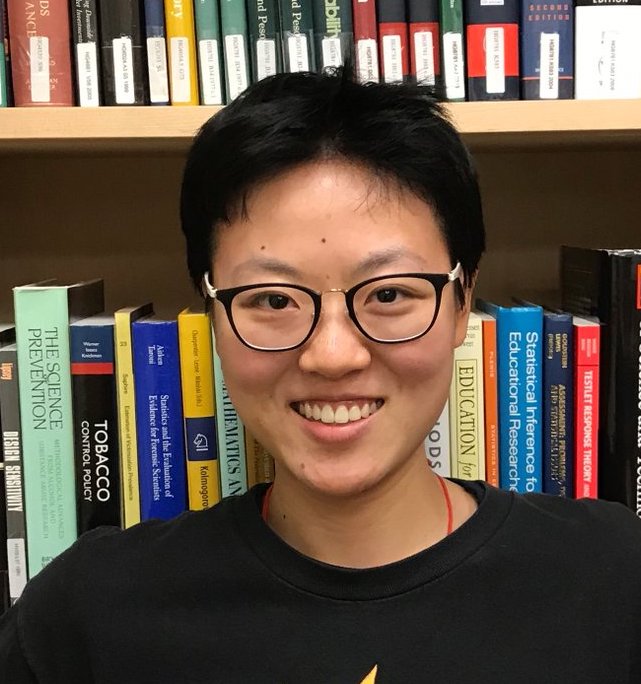Collaborations
Johns Hopkins Scleroderma Center
The Johns Hopkins Scleroderma Center specializes in the care of patients with scleroderma and related conditions such as Raynaud’s phenomenon, localized scleroderma, scleromyxedema, scleredema, and eosinophilic fasciitis, among others. The mission of The Johns Hopkins Scleroderma Center is to provide excellent clinical care while seeking to better understand the causes and best treatment approaches for scleroderma.
Under the supervision of Dr. Scott Zeger, I work with Dr.’s Ji Soo Kim, Ami Shah, and Laura Hummers from the Johns Hopkins Scleroderma Center on (1) evaluating the effectiveness of the longitudinal usage of medications for patients with scleroderma, (2) developing computational tools for identifying and visualizing heterogeneity in treatment effects, and (3) real-time clustering and prediction of patients disease progression.
The BIOCARD Research Team
The goal of this study is to identify predictors of cognitive decline among normal individuals. The domains of investigation being examined include: clinical and cognitive assessments, magnetic resonance imaging, amyloid imaging, cerebrospinal fluid and blood. The primary question is whether measures from these domains, alone or in combination, obtained when participants are middle-aged, can predict which normal individuals will develop cognitive decline over time.
I work with Dr.’s Zheyu Wang, Yuxin Zhu, and Wei Jin to identify the temporal order and longitudinal clusters of different AD biomarkers.
AMPATH
Academic Model Providing Access to Healthcare (AMPATH) is a partnership between Moi University School of Medicine, Moi Teaching and Referral Hospital (Kenya’s second national referral hospital), and a consortium of U.S. medical schools led by Indiana University, AMPATH promotes and fosters a comprehensive approach to HIV/AIDS control that complements and enhances the existing health infrastructure. AMPATH addresses food and income security needs, delivers and monitors ARV treatment, and fosters prevention of HIV transmission through community-based health education and prevention of maternal to child transmission. Importantly, AMPATH works with all levels of health providers from the highest levels of government to community health workers (CHWs) to provide effective and culturally appropriate care.
I collaborated closely with colleagues Victor Omodi and Richard Mugo, under the supervision of Dr.’s Joseph Hogan and Tao Liu, on the development of machine learning algorithms to investigate HIV care-related policy evaluation and pooled sampling algorithms for efficient testing in resource-limited settings. I also worked with Dr. Becky Genberg on analyses under a double-sampling design to study the hard-to-reach HIV population.
